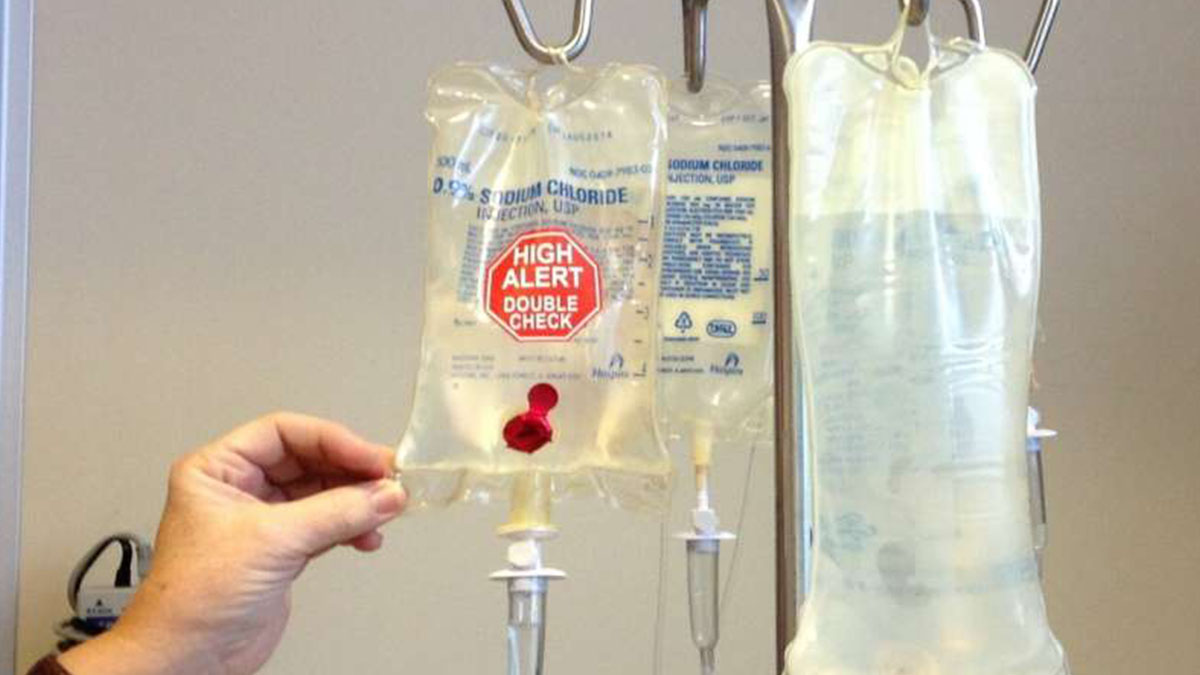
In early 2023, the U.S. faced a significant shortage of two widely used chemotherapy drugs—cisplatin and carboplatin. These medications, essential for treating various types of cancer, experienced reduced availability. However, a recent analysis by researchers at the University of Pennsylvania’s Perelman School of Medicine and Penn Medicine’s Abramson Cancer Center revealed no noticeable increase in mortality rates among cancer patients during this period. The study, published in the Journal of the National Cancer Institute, sheds light on the adaptability of healthcare systems during crises and highlights the use of alternative therapies to address shortages.
The Role of Platinum-Based Chemotherapy in Cancer Treatment
Cisplatin and carboplatin have been pivotal in cancer treatment for over 30 years, helping patients with cancers such as:
- Lung cancer
- Head and neck cancer
- Breast cancer
- Bladder cancer
- Ovarian cancer
- Uterine cancer
- Testicular cancer
These drugs are considered standard-of-care medications due to their effectiveness and affordability as generic options. The shortage of cisplatin, announced by the FDA in February 2023, followed by a carboplatin shortage in April 2023, raised concerns about potential disruptions to patient care.
Minimal Decrease in Platinum Chemotherapy Use
During the shortage, researchers analyzed data from 11,797 patients with advanced solid cancers who began chemotherapy treatment between February 2023 and January 2024. Their findings revealed a slight 2.7% reduction in the use of platinum-based chemotherapy compared to the previous year. This decline translated to approximately 137 fewer patients receiving these treatments in the study cohort, with an estimated 1,000 patients affected nationwide.
At the peak of the shortage in June 2023, usage dropped by 15.1%. Despite this, no significant difference in mortality rates was observed among patients during the study period, likely due to the use of effective alternative therapies.
Alternative Therapies and Their Role
To manage the shortage, medical societies recommended alternative treatments such as:
- Immune checkpoint inhibitors
- Targeted therapies
- Other chemotherapy options
These alternatives proved effective in bridging the gap, although they may not fully replace platinum-based therapies as the first choice for many cancers. Alternatives also come with challenges, including higher costs and potential side effects.
Dr. Ronac Mamtani, senior author and section chief of Genitourinary Cancers, emphasized the importance of providing standard-of-care treatments whenever possible. He noted, “Even one hundred patients unable to receive preferred chemotherapy due to supply chain issues is far too many.”
Long-Term Outcomes and Resolution of Shortages
The FDA declared the cisplatin shortage resolved by June 2024. While carboplatin remains on the shortage list, prescribing levels have largely returned to normal. The study’s findings underscore the resilience of healthcare providers and their ability to adapt to challenges, ensuring that patients continue to receive effective care despite supply disruptions.
Key Takeaways from the Study
- Minimal Impact on Mortality Rates: Despite a significant shortage, no increase in mortality was observed among patients with advanced cancers.
- Alternative Therapies Mitigated the Crisis: The availability of alternative treatments helped limit the impact of the shortage.
- Ongoing Challenges with Drug Availability: Shortages highlight the need for improved supply chain resilience and strategies to avoid future disruptions.
References
The study, Real-World Impact of the Platinum Chemotherapy Shortage on U.S. Patients with Advanced Cancer, was published in the Journal of the National Cancer Institute. For more information, visit the full publication: DOI: 10.1093/jnci/djae307
